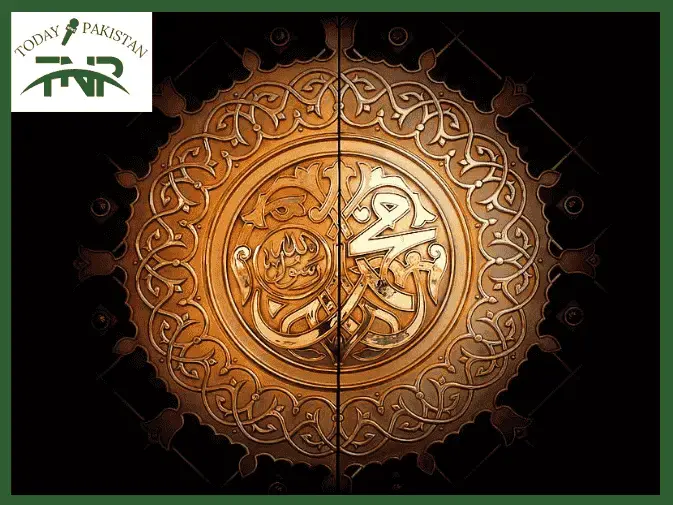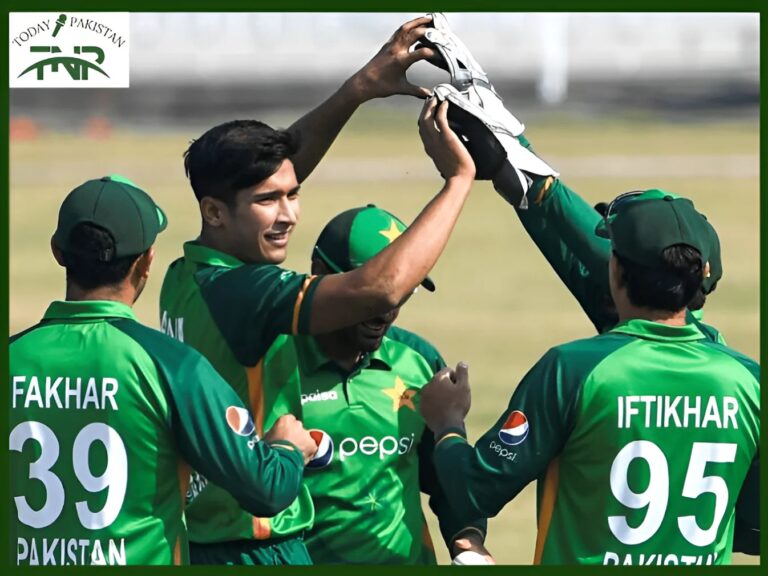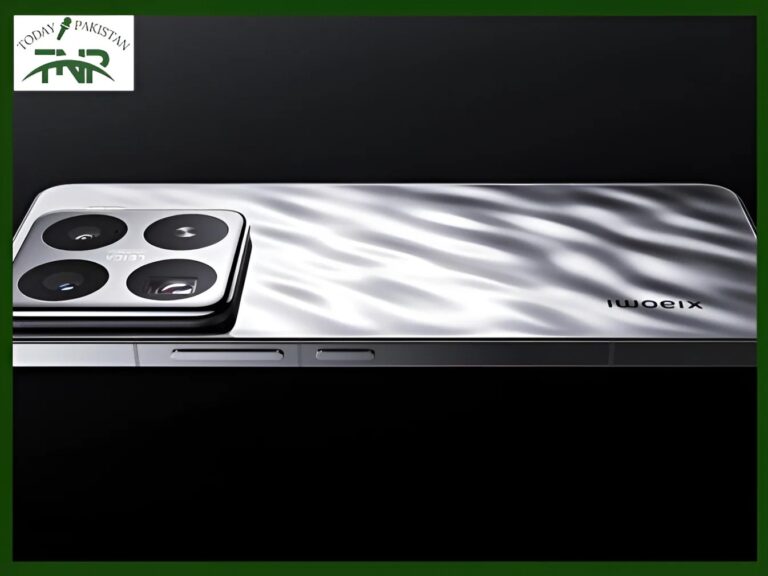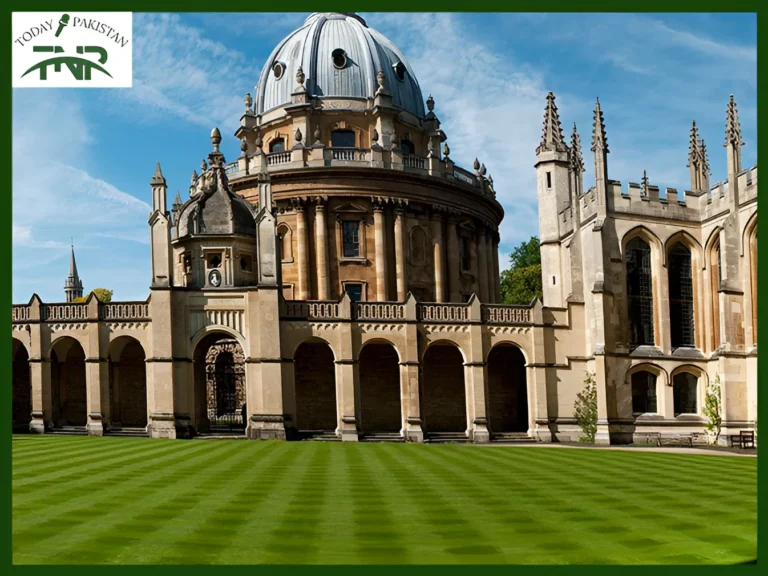Prophet Muhammad (peace be upon him) stands as one of the most significant figures in human history. Revered by over a billion Muslims worldwide, he is acknowledged as the final messenger of Allah, entrusted with delivering the message of Islam in its complete and final form. His life, filled with compassion, wisdom, and a deep commitment to justice, serves as a model for all who seek to lead a life of virtue and righteousness.
As the last in a long line of prophets—including Adam, Noah, Abraham, Moses, and Jesus (peace be upon them all)—Prophet Muhammad (PBUH) completed the divine message with the Quran, which continues to guide and inspire people today. This blog delves into the life, teachings, and enduring legacy of Prophet Muhammad (PBUH), exploring how his example remains relevant in the modern world.
Early Life of Prophet Muhammad (PBUH)
Born in the year 570 CE in the city of Makkah, Prophet Muhammad (PBUH) came from the respected Quraysh tribe. His father, Hazrat Abdullah, passed away before his birth, and his mother, Hazrat Amina, died when he was just six years old. Orphaned at a young age, he was looked after by his grandfather Hazrat Abdul Muttalib, and later by his uncle Hazrat Abu Talib.
Despite the challenges of losing his parents early, Muhammad (PBUH) grew up to be known for his honesty, kindness, and integrity. He earned the title “Al-Amin” (the trustworthy) long before his prophethood. His character and reputation were so exemplary that he was often called upon to mediate disputes within his community.
The Revelation of Prophethood
At the age of 40, while meditating in the Cave of Hira on the outskirts of Makkah, Prophet Muhammad (PBUH) received his first revelation from Allah through the Angel Gabriel. This occurrence signaled the beginning of his prophethood. The revelation was a call to monotheism—worship of the one true God, Allah—and it emphasized moral and social reform.
Initially, the message was met with resistance, especially from the powerful Quraysh tribe, who saw it as a threat to their traditional beliefs and economic interests. However, Muhammad (PBUH) remained steadfast, supported by his wife Khadijah, his close friend Abu Bakr, and a small group of early converts.
Key Teachings of Hazrat Muhammad (PBUH)
Prophet Muhammad’s (PBUH) teachings were rooted in the core principles of Islam: monotheism, justice, and compassion. He preached the oneness of Allah (Tawheed) and called for the abandonment of idol worship. His message also emphasized the importance of social justice, advocating for the rights of the poor, women, and orphans.
Mercy and forgiveness were central to his teachings. He urged his followers to show kindness to others, to forgive those who wronged them, and to strive for peace in their interactions. His famous saying, “The best among you are those who have the best manners and character,” reflects his emphasis on ethical conduct.
The Migration to Medina (Hijrat)
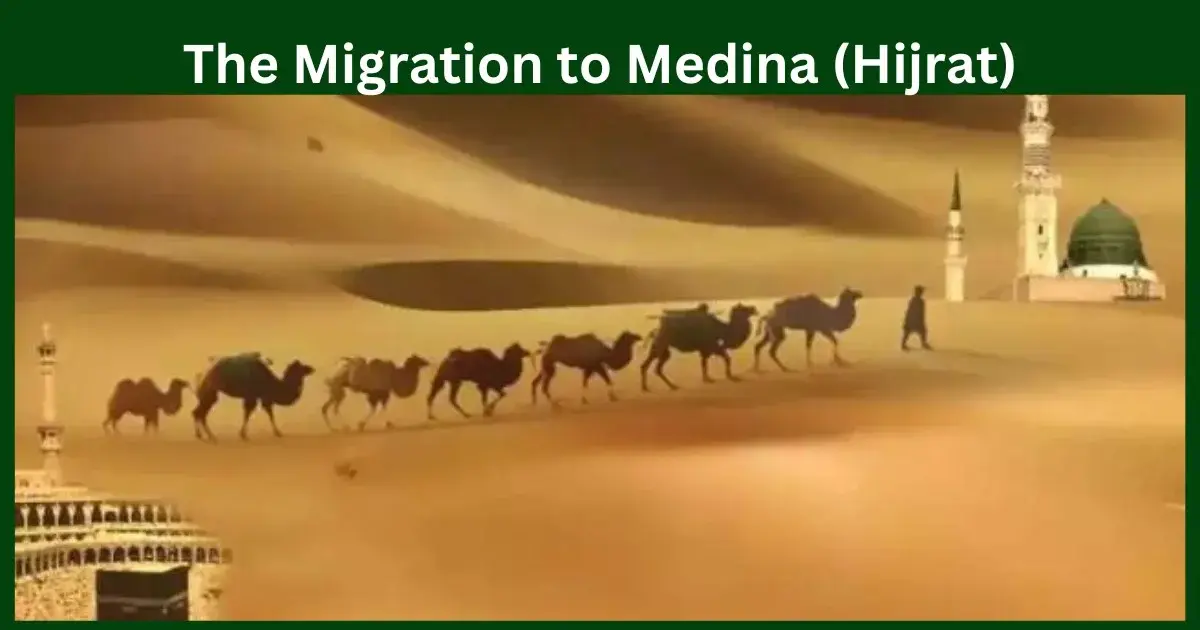
As opposition in Makkah intensified, the situation became increasingly dangerous for the Muslims. In 622 CE, under divine guidance, Prophet Muhammad (PBUH) and his followers migrated to the city of Yathrib, later known as Medina. This migration, known as the Hijra, marked a turning point in Islamic history and the beginning of the Islamic calendar.
In Medina, Prophet Muhammad (PBUH) established the first Muslim community and set up the Constitution of Medina, a pioneering document that laid out the rights and duties of all citizens, regardless of their faith. It was a model of governance based on justice, equality, and mutual respect.
Battles and Diplomacy
During his time in Medina, Hazrat Muhammad (PBUH) faced several military challenges, including the battles of Badr, Uhud, and the Trench. Despite being vastly outnumbered, the Muslims, under his leadership, displayed remarkable courage and resilience. These battles were not merely for survival but were also a means to establish the principles of justice and truth.
One of the most significant events during this period was the Treaty of Hudaybiyyah, a peace agreement between the Muslims and the Quraysh. Although initially seen as a setback by some of his companions, the treaty allowed for a period of peace and opened the door for the peaceful spread of Islam.
The Conquest of Makkah
In 630 CE, after years of persecution and conflict, Prophet Muhammad (PBUH) led a peaceful conquest of Makkah. Upon entering the city, he forgave his former enemies, demonstrating unparalleled mercy and magnanimity. He ordered the destruction of idols within the Kaaba, restoring it as a place of monotheistic worship.
His treatment of the people of Makkah, despite their past hostility, stands as a powerful example of forgiveness and compassion. It is a lesson in how to rise above enmity and hatred, embodying the principles of peace and reconciliation.
The Final Sermon
In 632 CE, during his Farewell Pilgrimage, Hazrat Muhammad (PBUH) delivered his final sermon, a profound and comprehensive message that encapsulated the core teachings of Islam. He emphasized the equality of all humans, regardless of race or ethnicity, stating, “No Arab has superiority over a non-Arab, nor does a non-Arab have superiority over an Arab. A white has no supremacy over a black, and neither does a black have superiority over a white, except through piety and good deed.”
He also reinforced the rights of women, the sanctity of life and property, and the importance of following the Quran and his teachings. His final sermon remains a timeless guide for Muslims and a powerful statement on human rights and dignity.
Legacy and Influence
The legacy of Prophet Muhammad (PBUH) is vast and enduring. His life and teachings laid the foundation for the Islamic civilization, which has contributed significantly to the fields of science, philosophy, art, and culture. His influence extends beyond the Muslim world, as his principles of justice, compassion, and respect for human rights continue to resonate globally.
The Quran says:
**وَرَفَعْنَا لَكَ ذِكْرَكَ**
*”We have elevated your mention for you.”* (Quran 94:4)
As Muslims believe, this verse is a divine assurance that the mention of Prophet Muhammad (PBUH) will always be exalted and honored. In the words of countless believers:
*”میرے نبی ﷺ کا ذکر ہمیشہ بلند رہے گا” (My Prophet’s ﷺ mention will always remain elevated).*
Today, Muslims around the world seek to emulate his example in their daily lives, striving to live by the values he espoused. His legacy is not just one of religious significance but also of moral and ethical leadership that continues to inspire people of all faiths.
Conclusion
Prophet Muhammad (PBUH) was not only the last prophet of Allah but also a beacon of guidance for humanity. His life, characterized by unwavering faith, compassion, and justice, serves as a model for all who seek to live a righteous life. In a world often divided by differences, his message of unity, peace, and respect for all continues to be as relevant today as it was over 1,400 years ago.
As we reflect on his life and teachings, we are reminded of the profound impact he has had on the world and the enduring legacy he has left behind. May we strive to follow his example and uphold the values he taught, for in doing so, we honor the legacy of the Last Prophet of Allah, Prophet Muhammad (PBUH).
Get Curated Post Updates!
Sign up for my newsletter to see new photos, tips, and blog posts.

